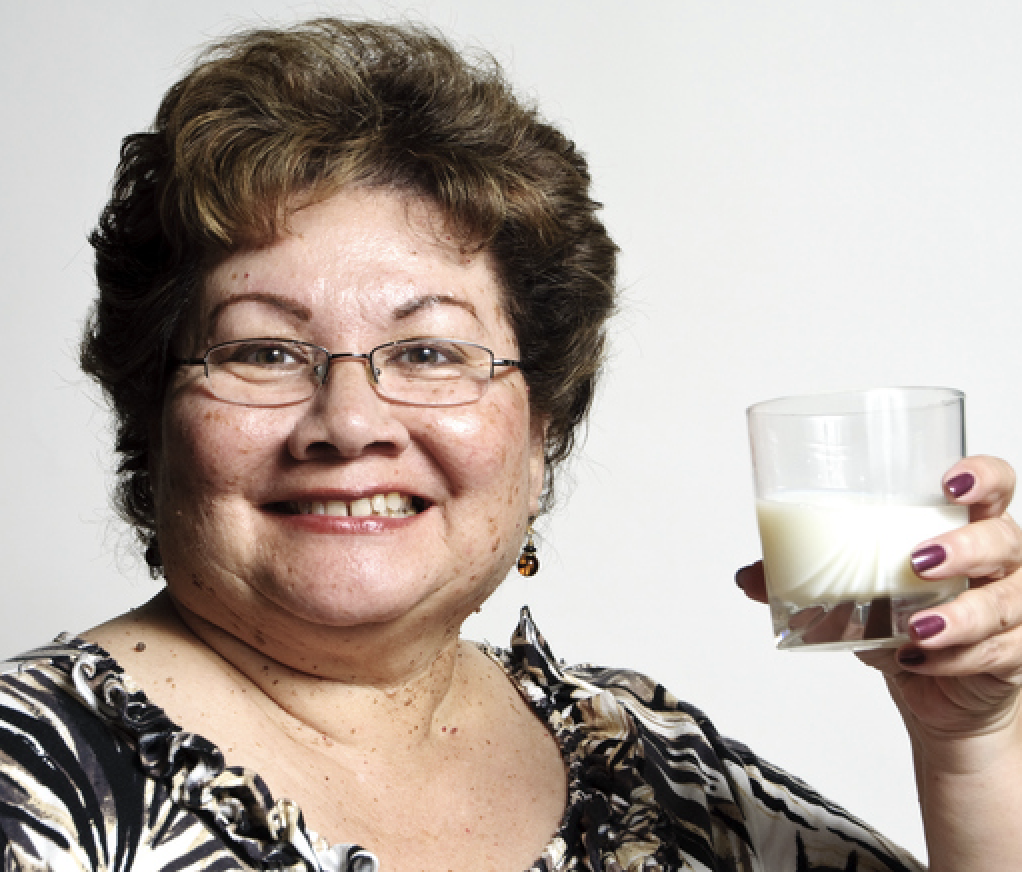Got Milk?: The Place Of Dairy In A Healthy Diet
September 17, 2025

It’s a debate that’s been brewing for a long time: that is, how healthy are the dairy products so many of us love and lust after? Whether it’s a frothy milkshake, a hunk of Gouda, a glass of ice-cold milk, or a yogurt parfait, does it matter what kind of dairy you consume? What exactly are the benefits (and harms) of consuming dairy on a daily basis? There’s no one easy answer, as so much depends upon your age, your health, your tolerance for dairy, and the type of dairy you’re consuming. So let’s take a look at a few of the current controversies swirling around the consumption of milk products.
Perhaps the place to start is with a new push by some in higher office to promote dairy products that appear to conflict with mainstream medical expertise. For example, there has been some popular buzz around the consumption of “raw milk” (unpasteurized milk) in recent years. It’s been promoted as a way to combat allergies or asthma, and as a way to get around lactose intolerance. However, none of these justifications is medically accurate. Raw milk, which may taste different than pasteurized milk, accomplishes none of those goals. Lactose is found in raw milk as well, and it has none of those suggested health benefits. What it has are potentially harmful bacteria that cause such food-borne illnesses as E. Coli and Salmonella. The consumption and production of raw milk is regulated state by state, and in most states, raw milk is not even an option. And for good reason: pasteurization kills bacteria but does not otherwise remove nutrients from milk (and raw milk does not contain helpful probiotics).
What about whole milk versus reduced-fat or skim milk? There is a push among many in the federal government to bring back whole-fat milk to school lunch programs and to encourage the consumption of whole-fat dairy products and even saturated fat. It’s difficult to find nutrition or medical experts who endorse this return to full-fat dairy and saturated fats, especially given the decades of research connecting saturated fats to cardiovascular disease. While some studies have declared whole milk to be “nutritionally neutral,” that is, not causing an increase in cardiovascular disease, many experts dispute these findings, suggesting that the research comparing full-fat and low-fat or no-fat dairy neglects to account for the unhealthy foods that fill up calorie counts when people use low-fat milk instead of whole-fat milk. While there is some legitimate debate about possible health benefits from full-fat milk and dairy in certain populations, given its higher calories and saturated fat, it seems unwise and unnecessary to start promoting full-fat dairy. And when it comes to brain health, our go-to expert, Dr. Annie Fenn, makes clear that in most cases, you want to avoid the saturated fats in full-fat dairy and stick to low-fat or no-fat dairy (sign up for her substack to read the full range of her dairy recommendations).
What about other types of dairy, especially Greek yogurt, labneh, or kefir? These are all fermented dairy products, chock full of protein, calcium, and healthy bacteria for your gut. You’ll want to avoid additives that increase the sugar content of these products (for example, opt for non-fat plain Greek yogurt and mix in your own berries and a little honey if you need something a bit sweet), but you’ll be hard-pressed to find another type of food that can do so much for your health. For example, there’s a growing body of research suggesting these types of fermented foods can lower your risk of certain cancers (one recent study reports that eating yogurt may reduce your risk of colon cancer), along with type 2 diabetes, and they are excellent sources of the calcium you need for bone health. And what about non-fermented dairy and bone health? There’s no doubt that calcium is important for maintaining strong, healthy bones and that dairy products contain calcium. However, if you struggle with lactose digestion or don’t enjoy milk or other dairy products, there are a host of other foods that are also good sources of calcium, including tofu, fish, leafy veggies, and many of the plant-based milks.
While the debate on which is best for your health (and taste buds) is far from settled, there’s little doubt that including milk products- whether animal-based or plant-based- can be a positive addition to your daily diet. For some new recipes to incorporate these into your regular meals, take a look here, here, and here.







